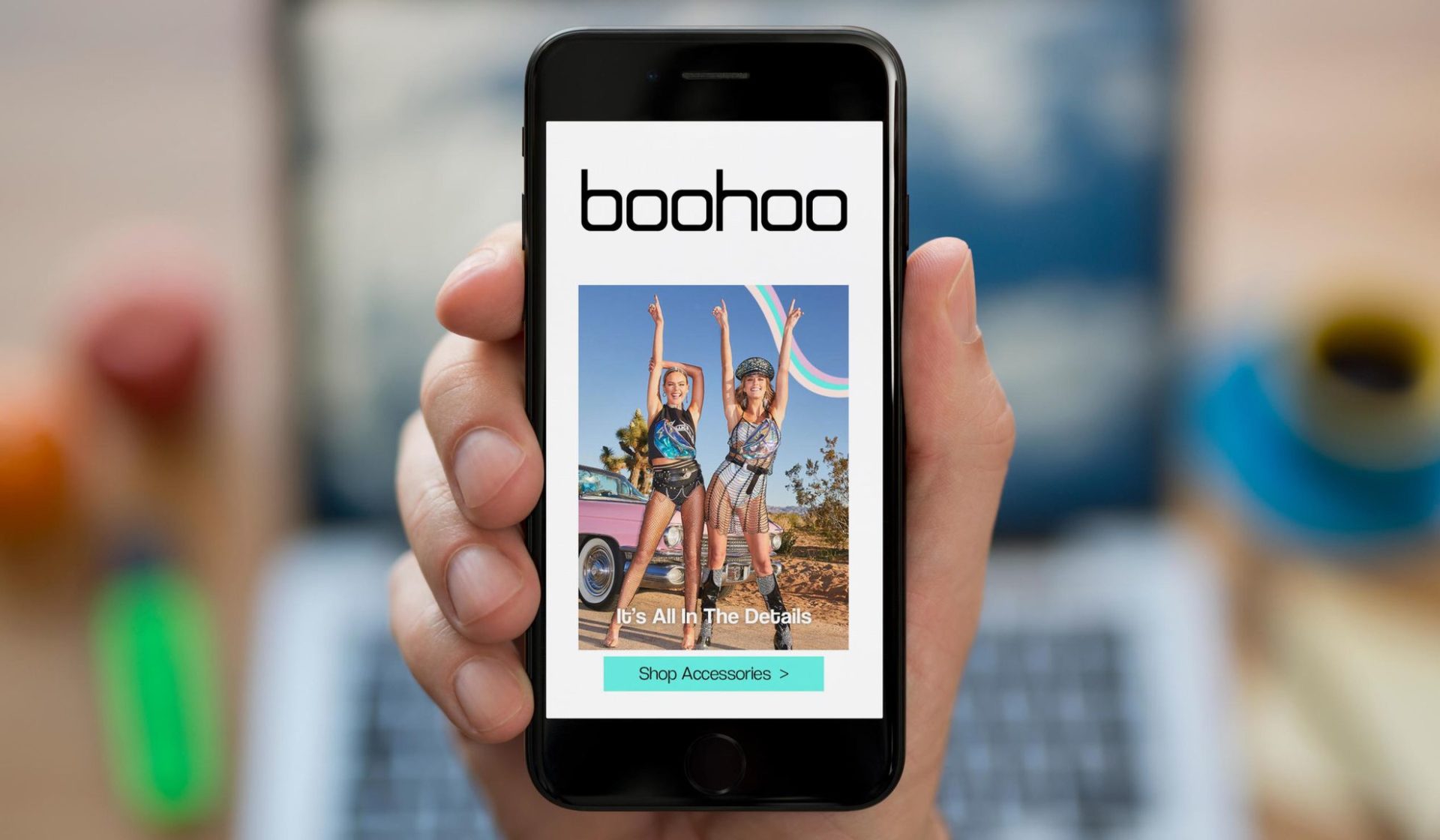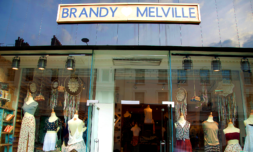Amidst shocking revelations of malpractice at clothing factories owned by the fast-fashion giant, the industry’s timid approach to ethical issues is being readdressed.
Boohoo, the online fashion retailer behind popular trend-driven brands like Nasty Gal and Pretty Little Thing, has lost almost £2 billion in value after speculations of ‘modern slavery’ at one of its factories.
The undercover investigation, which was launched by The Sunday Times last week, revealed that workers in Leicester were being paid £3.50 an hour, despite minimum wage for anyone over the age of 25 being £8.72.
Published after a surge of Covid-19 cases in Leicester, the report also claims that the factory in question (Jaswal) had not taken necessary precautions against the virus, operating at full capacity with no access to hand sanitiser or the ability to social distance while working. What’s most unusual, is that workers at Jaswal – who have now come forward with accounts of lockdown breaches and furlough fraud – have been primarily behind a rapid 45% sales growth for the company – even in the middle of a global pandemic.

‘We are deeply shocked by the recent allegations about the Leicester garment industry,’ responded John Lyttle, CEO of Boohoo Group. ‘We wish to reiterate how seriously we are taking these matters, and we will not hesitate to terminate any relationships where non-compliance with our code of conduct is found.’
Concerns like this are not new. Newspaper exposés and open criticisms (such as that of the Parliament Environmental Audit Committee’s 2018 report) have long been calling for an end to the era of fashion’s ‘throwaway’ culture. The dial has been shifted and with increasing investor focus on environmental governance, negative PR has much more serious ramifications.
‘Let this be a warning to those who are exploiting people in sweatshops like these for their own commercial gain’ says Secretary of State for the Home Department, Priti Patel. ‘This is just the start. What you are doing is illegal, it will not be tolerated, and we are coming after you.’
NEW REPORT// How can @boohoo report 44% growth in the first quarter of this year and shares increased by 22%, DESPITE the global pandemic? Workers report lockdown breaches, furlough fraud and modern slavery in Boohoo's supply chain. #Boowho?https://t.co/GScanP3wCu
— Labour Behind The Label (@labourlabel) July 1, 2020
Consequently, announcing an immediate independent review of its supply chain, Boohoo will be looking into supplier compliance with ‘minimum wage regulations, COVID-19 regulations, working hours and record keeping, and right to work documentation and contracts of employment.’ It has also pledged £10 million to eradicating any malpractice still taking place in the UK.
In light of the news, Boohoo’s army of influencers (essential to the brand’s success as celebrity endorsements greatly appeal to its specific target market) have additionally terminated their involvement, and major retailers such as ASOS, Next, and Zalando are pulling all Boohoo clothing from their virtual shelves.
https://www.instagram.com/p/CCTunCMp-IK/




















